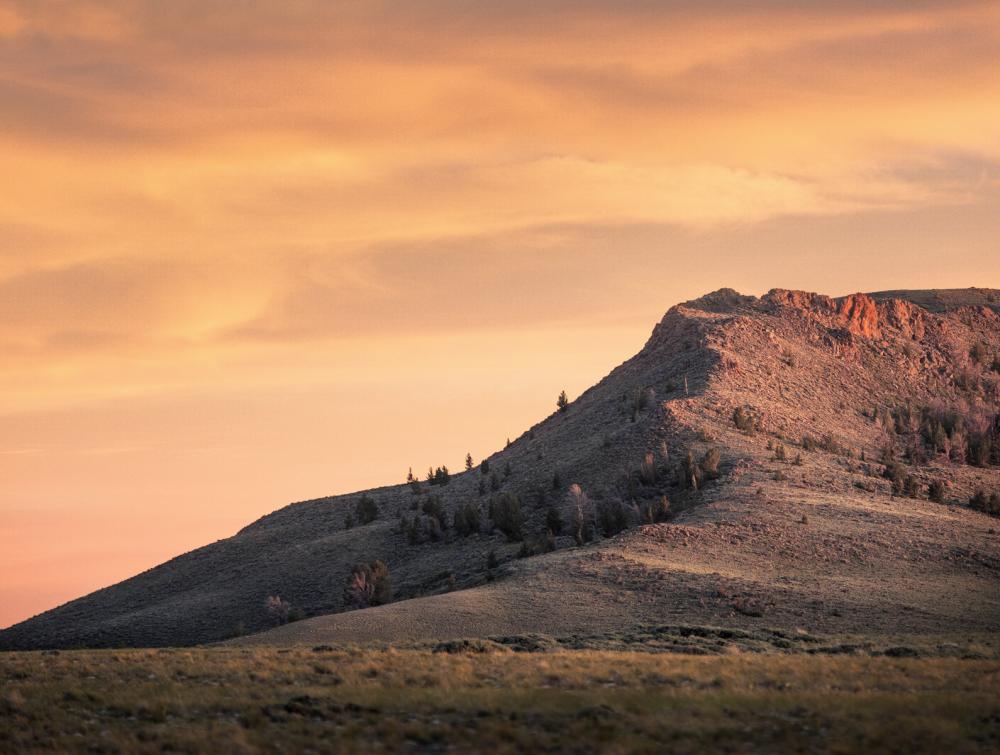The Wilderness Society applauds administration’s release of long-awaited Oil and Gas Rule

Steamboat Mountain’s eastern flank turns into rocky cliffs beloved by birds of prey today, and was used as a bison jump by Indigenous people less than two hundred years ago.
Mason Cummings, TWS
BLM Oil and Gas Rule is an important step towards taking a more holistic conservation and community-centric approach to managing public lands, with important next steps remaining to address climate
WASHINGTON D.C. (July 20, 2023) -- Today, the Bureau of Land Management released a proposed rule to reform the federal oil and gas program that would better align oil and gas decisions on public lands with ecosystem and community health needs.
The Wilderness Society issued the following statement about the agency’s proposed rule:
“We all want a fair chance to live full, healthy lives, but the impacts of air and water pollution, and climate change, threaten public lands’ ability to help us do that.” said Jamie Williams, President of The Wilderness Society. “For far too long, federal public land policies have prioritized fossil fuel companies’ profits at the expense of communities’ wellbeing and public lands themselves. The proposed Oil and Gas Rule is an important step towards the BLM taking a more holistic conservation, climate and community-centric approach to managing public lands.”
The Bureau announced a 60-day public comment period starting July 24 on the draft rule, which includes the following proposed reforms to the federal oil and gas program.
-
Enshrines several critical updates in the Inflation Reduction Act, including long overdue increases in the royalty and rental rates and terms for leasing and development on public lands.
-
Updates bonding rules and rates that oil and gas companies are required to pay to fund clean-up and restoration costs of their projects so communities don’t have to continue footing the bill for cleaning up the mess left behind when oil and gas companies abandon or orphan their wells.
-
Includes reforms that embrace the Interior Department’s authority to put guardrails on what lands are offered for leasing, as well as who’s allowed to be a part of the process.
While the proposed rule takes some necessary steps to better align leasing decisions with climate impacts to public land resources and address problems that the Interior Department identified in its own 2021 review of the program, the Biden-Harris administration could make even more progress through additional reforms to the leasing and nomination process, and make equally crucial updates to the permitting side of the oil and gas program. To this end, and admirably, the rule’s preamble invites comment on how to better align leasing decision-making to account for greenhouse gas emissions’ adverse effects on public land resources.
The Bureau’s proposed Oil and Gas Rule, in concert with other agency efforts including the Public Lands Rule, the Wind and Solar Rule, and updating the Western Solar Plan, can and should be an important part of a comprehensive approach to managing public lands. This approach would not only make public lands part of the climate solution, but also protect those very public lands and the myriad important roles they play in supporting healthy, vibrant communities and ecosystems.
###
For more information, contact Emily Denny at edenny@tws.org
